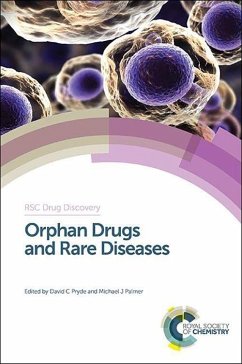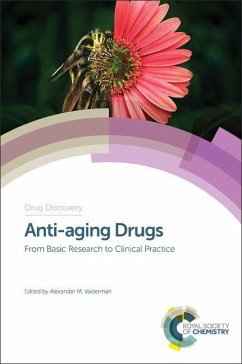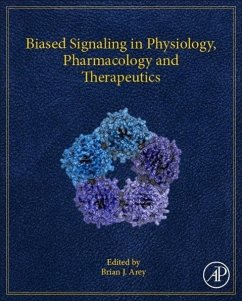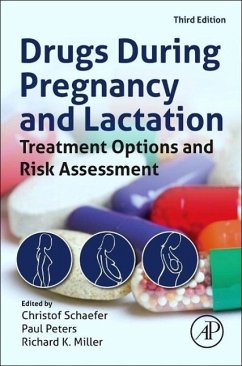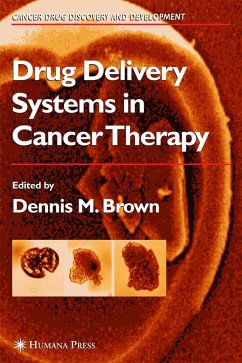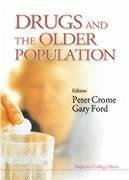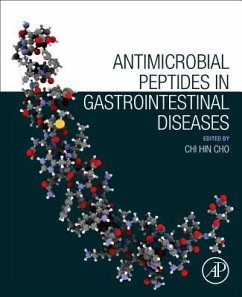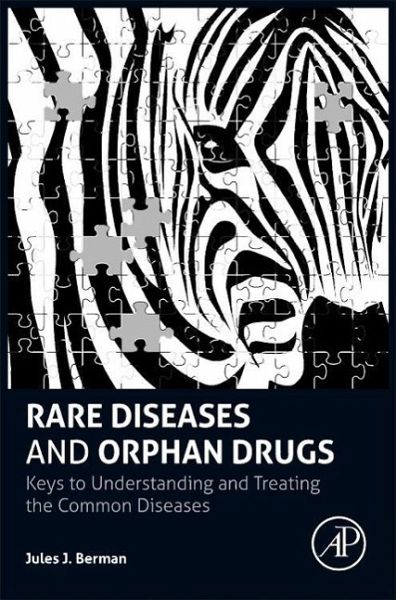
Rare Diseases and Orphan Drugs
Keys to Understanding and Treating the Common Diseases

PAYBACK Punkte
26 °P sammeln!
Rare Diseases and Orphan Drugs shows that much of what we now know about common diseases has been achieved by studying rare diseases. It proposes that future advances in the prevention, diagnosis, and treatment of common diseases will come as a consequence of our accelerating progress in the field of rare diseases.Understanding the complex steps in the development of common diseases, such as cancer, cardiovascular disease, and metabolic diseases, has proven a difficult problem. Rare diseases, however, are often caused by aberrations of a single gene. In rare diseases, we may study how specific...
Rare Diseases and Orphan Drugs shows that much of what we now know about common diseases has been achieved by studying rare diseases. It proposes that future advances in the prevention, diagnosis, and treatment of common diseases will come as a consequence of our accelerating progress in the field of rare diseases.
Understanding the complex steps in the development of common diseases, such as cancer, cardiovascular disease, and metabolic diseases, has proven a difficult problem. Rare diseases, however, are often caused by aberrations of a single gene. In rare diseases, we may study how specific genetic defects can trigger a series of events that lead to the expression of a particular disease. Often, the disease process manifested in a certain rare disease is strikingly similar to the disease process observed in a common disease.
This work ties the lessons learned about rare diseases to our understanding of common ones. Chapters covering the number of common diseases are minimized, while rare diseases are introduced as single diseases or as members of diseases classes. After reading this book, readers will appreciate how further research into the rare diseases may lead to new methods for preventing, diagnosing, and treating all diseases, rare or common.
Understanding the complex steps in the development of common diseases, such as cancer, cardiovascular disease, and metabolic diseases, has proven a difficult problem. Rare diseases, however, are often caused by aberrations of a single gene. In rare diseases, we may study how specific genetic defects can trigger a series of events that lead to the expression of a particular disease. Often, the disease process manifested in a certain rare disease is strikingly similar to the disease process observed in a common disease.
This work ties the lessons learned about rare diseases to our understanding of common ones. Chapters covering the number of common diseases are minimized, while rare diseases are introduced as single diseases or as members of diseases classes. After reading this book, readers will appreciate how further research into the rare diseases may lead to new methods for preventing, diagnosing, and treating all diseases, rare or common.




